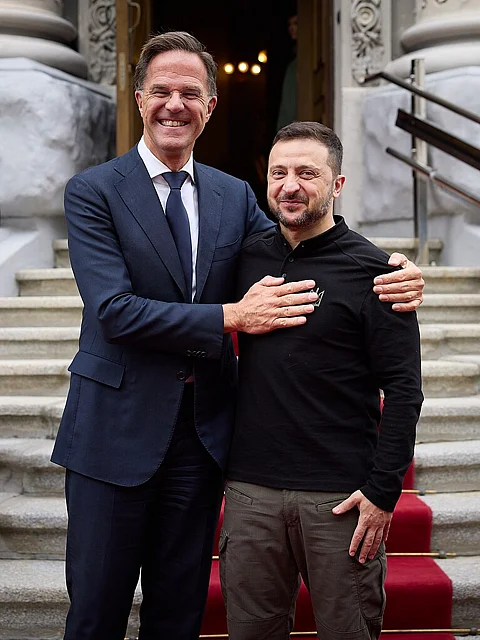

The European Commission is set to release a landmark "White Paper" on defence next week, outlining a comprehensive strategy to enhance the bloc’s military readiness and production capabilities. The document, seen by the Financial Times, emphasizes the need for “collaborative procurement” as the most cost-effective way to strengthen European defence following decades of underinvestment after the Cold War.
The draft paper proposes that the Commission could act as a central purchasing body for weapons on behalf of EU governments, though member states would retain control over which arms to buy and in what quantities. This approach aims to address the fragmentation of the European defence market, where national preferences have historically led to inefficiencies and higher costs.
Record Investments and Ambitious Goals
In 2024, EU member states collectively invested a record €326 billion in defence. However, estimates suggest that at least €500 billion will be needed over the next decade to address critical capability gaps. European Commission President Ursula von der Leyen recently unveiled a five-point plan to mobilize up to €800 billion for defence, including a €150 billion loan instrument to support joint procurement efforts.
EU Commissioners Andrius Kubilius and Kaja Kallas, in a draft of the White Paper seen by Euronews, argue that “rebuilding European defence requires a massive investment over a sustained period.” They stress that only through joint initiatives and coordination can EU countries effectively address their defence challenges.
The Commission is also considering revising the bloc’s Sustainable Finance Disclosures Regulation (SFDR) to potentially classify defence as a sustainable investment goal. Additionally, the draft proposes creating a single market for defence, simplifying regulations, and leveraging economies of scale to maximize efficiency.
Learning from the Pandemic Playbook
The Commission’s strategy draws heavily on its experience during the COVID-19 pandemic, when it collectively purchased vaccines to secure supply and reduce costs. Mujtaba Rahman, Europe director at Eurasia Group, noted, “The Commission is drawing heavily from its vaccine playbook. This will be huge if it lands.”
Some member states have privately advocated for a similar approach to defence, urging collective investments in areas such as common air and missile defence systems and reinforcing the EU’s eastern border. The draft White Paper, which may undergo revisions before its official release ahead of an EU summit on March 20, provides further details on financing options and strategic priorities.
A Shift Toward Strategic Autonomy
This renewed focus on defence reflects Europe’s growing recognition of the need for strategic autonomy amid concerns over the reliability of the United States as an ally. By prioritizing European defence products in public procurement—and turning to “like-minded third-country companies” only when necessary—the EU aims to reduce dependency on external suppliers and strengthen its industrial base.
Kallas and Kubilius advocate for large-scale pan-European defence projects, allowing member states to decide on the format and purpose of such initiatives. The goal is to address critical capability shortfalls while fostering greater collaboration and consolidation within the European defence industry.
As the EU moves forward with its ambitious plans, the success of this strategy will depend on member states’ willingness to align their priorities and invest in a shared vision for European security.